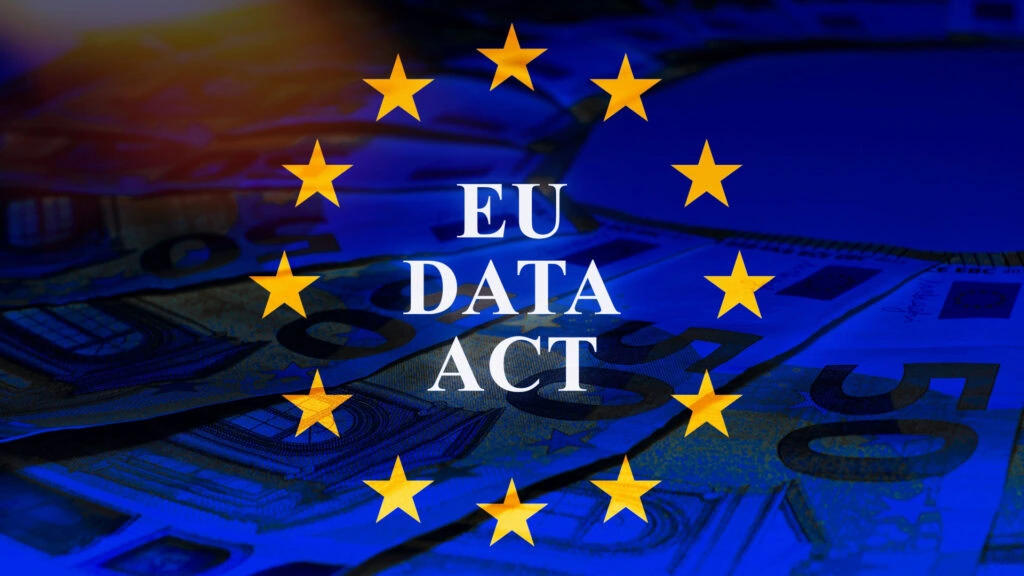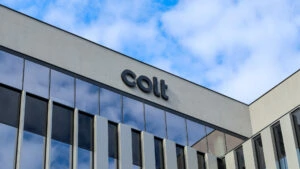The coffee machine as a treasure trove of data? A new EU law makes appliance data accessible to users. They are not the only ones to benefit from this.
Consumers are being given more rights to the data that their networked devices collect. The EU Data Act now applies to smart TVs, modern kitchen appliances, cars and some industrial machines. Manufacturers must therefore disclose what information is collected for old and new devices – and how users can access it.
The EU data law came into force at the beginning of 2024 and is now being applied. It is intended to make it easier for consumers to pass on their device data, for example on the type of use, to other services if required – for repair purposes, for example. This should ultimately make services cheaper and simpler.
In addition, the EU plans to create new business areas or grow existing ones through more liberal data trading.
Many devices affected
According to the EU regulation, the rules apply to all so-called networked devices. The requirements also explicitly include devices with wired data transmission. A coffee machine that could transmit data via cable for repair purposes, for example, is also covered by the data law, as are “smart” devices that are controlled via a wireless connection or app.
The data concerned includes “any digital representation of actions, facts or information”. The decisive factor is therefore whether the affected device generates or collects data about its use, performance or environment – rather than how it does so. The list of affected sectors and areas of society is therefore comprehensive.
The regulation has been criticized by the digital association Bitkom and the Federation of German Industries (BDI), for example, because there is a lack of fixed contact persons in the authorities in Germany. There is therefore still a lot of uncertainty in Germany due to the EU regulation.
dpa




